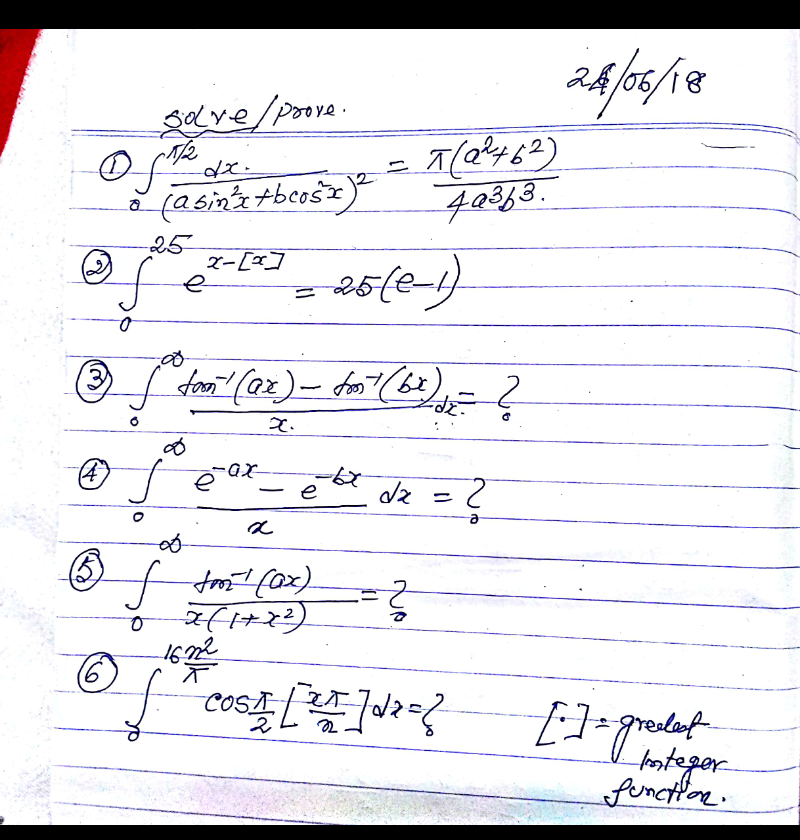
AllQuestion and Answers: Page 1706
Question Number 38458 Answers: 0 Comments: 3
Question Number 38457 Answers: 0 Comments: 0
Question Number 38456 Answers: 0 Comments: 0
Question Number 38455 Answers: 0 Comments: 0
Question Number 38454 Answers: 0 Comments: 3
Question Number 38405 Answers: 1 Comments: 2
Question Number 38397 Answers: 2 Comments: 2
Question Number 38395 Answers: 1 Comments: 1
Question Number 38391 Answers: 1 Comments: 0
Question Number 38420 Answers: 0 Comments: 0
Question Number 38419 Answers: 1 Comments: 0

Question Number 38384 Answers: 0 Comments: 1
Question Number 38376 Answers: 1 Comments: 2

Question Number 38373 Answers: 1 Comments: 7

Question Number 38367 Answers: 2 Comments: 2
Question Number 38366 Answers: 1 Comments: 0
Question Number 38362 Answers: 0 Comments: 0

Question Number 38365 Answers: 1 Comments: 0
Question Number 38332 Answers: 1 Comments: 0
Question Number 38310 Answers: 1 Comments: 4
Question Number 38323 Answers: 1 Comments: 1
Question Number 38296 Answers: 0 Comments: 7
Question Number 38291 Answers: 1 Comments: 0

Question Number 38289 Answers: 1 Comments: 0

Question Number 38288 Answers: 1 Comments: 0
Question Number 38286 Answers: 0 Comments: 1
Pg 1701 Pg 1702 Pg 1703 Pg 1704 Pg 1705 Pg 1706 Pg 1707 Pg 1708 Pg 1709 Pg 1710
